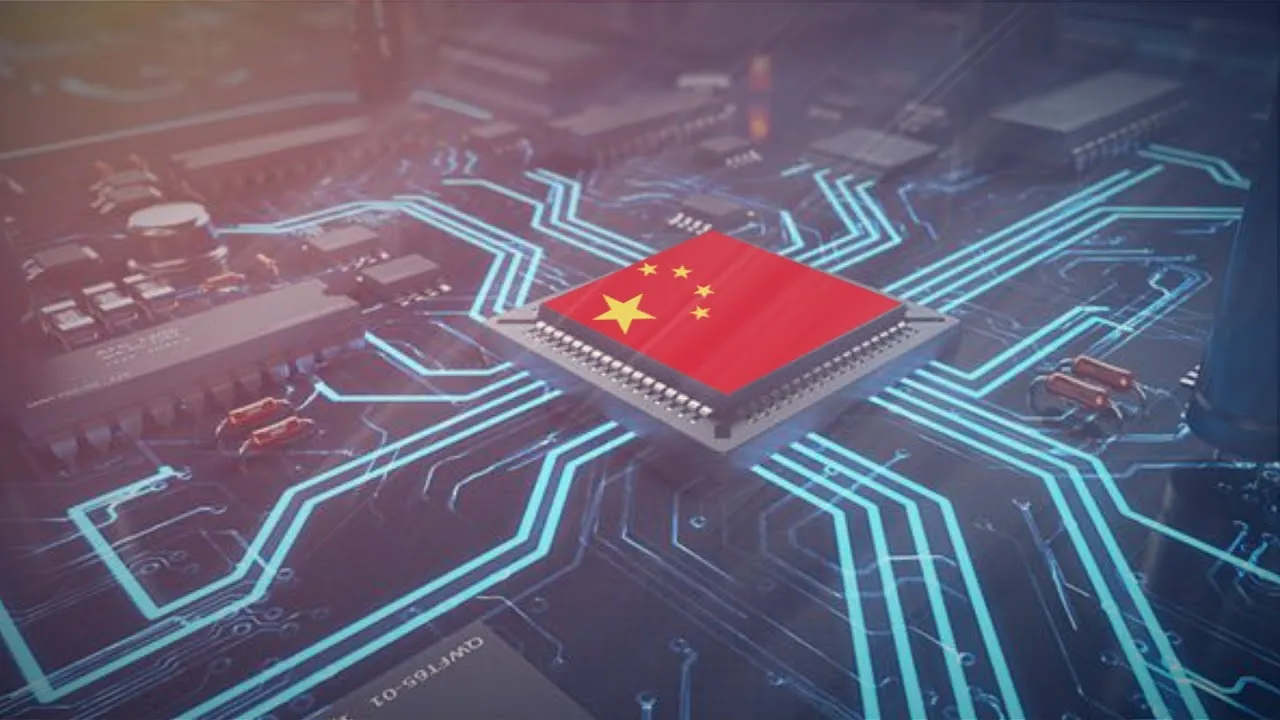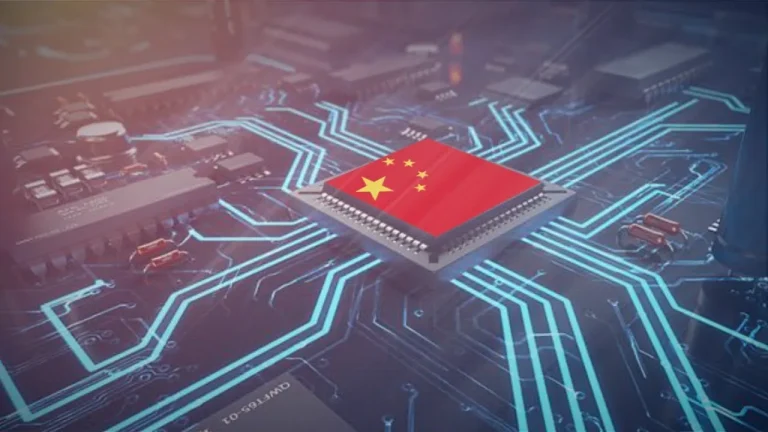In the complex world of global technology and international relations, the semiconductor industry has become a critical battleground where geopolitical tensions play out with significant economic implications. A recent incident involving Nexperia, a European subsidiary of Chinese company Wingtech Technology, illustrates these intricate dynamics and the growing scrutiny of cross-border technology investments.
Late in September, the Dutch government took an unprecedented step by invoking the Goods Availability Act to exert control over Nexperia, a chip manufacturer based in Nijmegen. While allowing the company to continue its regular production, the Dutch authorities effectively gained the power to block or reverse Nexperia’s corporate decisions. The government cited “recent and acute signals of serious governance shortcomings” as the primary motivation for this intervention.
![]()
This move quickly drew sharp criticism from China’s leading semiconductor association, the China Semiconductor Industry Association (CSIA). In a strongly worded statement, the CSIA accused the Dutch government of abusing the concept of national security to impose discriminatory restrictions on Chinese enterprises. The association argued that such actions fundamentally undermine the collaborative and open nature of the global semiconductor ecosystem.
Nexperia’s history adds nuance to this story. Originally part of the Dutch electronics giant Philips and later its semiconductor spin-off NXP, the company was acquired by Wingtech Technology in 2018. Its primary business involves manufacturing chips for everyday products like automobiles and home appliances. However, in the current geopolitical climate, even seemingly routine technology transfers have become fraught with strategic implications.
The European perspective on this intervention reveals broader concerns about economic and national security. A European Commission spokesman emphasized that the Dutch action was designed to ensure supply chain security in a strategically sensitive sector and to mitigate potential risks to both Dutch and broader European economic interests.
This incident is part of a larger pattern of escalating tensions between China and Western nations over semiconductor technologies. The United States and the Netherlands have already imposed restrictions on exporting advanced chip-making equipment to China, driven by concerns that such technology could be used to develop sophisticated weapons. In December, Wingtech was added to the U.S. “entity list,” signaling Washington’s view that the company potentially acts against U.S. national security and foreign policy interests.

China’s response has been consistent, with its foreign ministry urging countries to adhere to market principles and avoid politicizing economic and trade matters. Spokesman Lin Jian specifically highlighted China’s opposition to generalizing national security concerns and implementing discriminatory practices targeting firms from specific countries.
The Nexperia case represents more than just a singular corporate dispute. It symbolizes the delicate balance nations must strike between protecting national security and maintaining an interconnected global technology supply chain. As geopolitical tensions continue to shape the semiconductor industry, such interventions could set significant precedents for how Western governments approach investments by Chinese firms in sensitive technological sectors.
The outcome of this specific situation will likely be closely watched by technology companies, policymakers, and industry observers worldwide. It underscores the increasingly complex relationship between technological innovation, national security, and international commerce in an era of heightened global competition.







